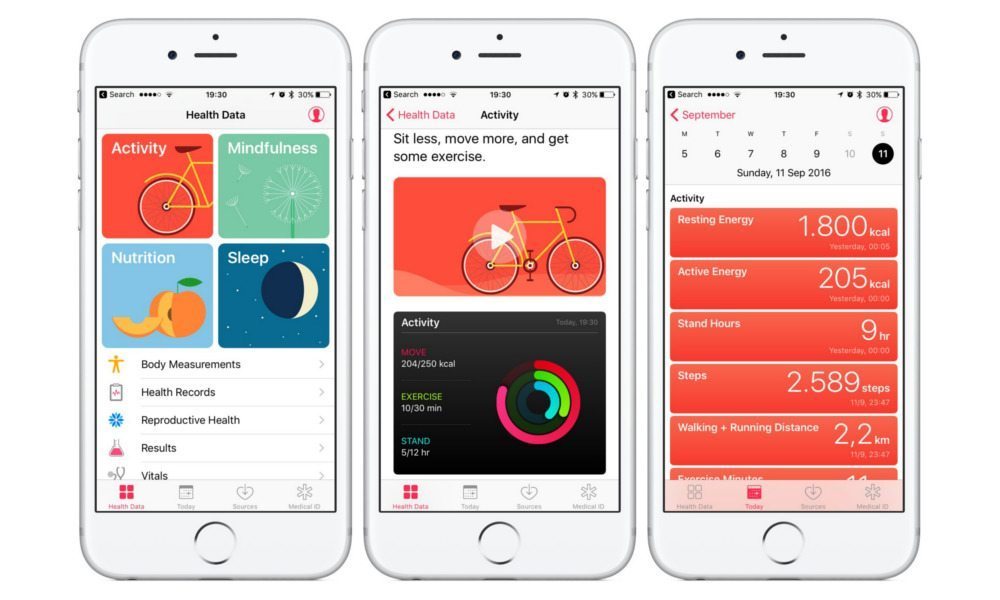Apple’s Working to Make the iPhone a Massive Health Hub

Toggle Dark Mode
Apple has a secret team of “over half a dozen” employees from its health division working to make iPhone a “one stop shop” from which users will be able to store, retrieve, and share their clinical health data with practitioners or hospitals, according to a report published this week by CNBC, which cites sources familiar with the company’s plans.
Apple’s Vision for Health
According to at least two sources in the know, Apple envisions creating a system that would enable patients to store vital health data — including lab test results, allergy and prescription records, past doctor visits, and more — so it could easily be shared at the patient’s discretion with their doctors, hospitals, or other healthcare providers, on command. CNBC confirmed that at least one of the sources said Apple is looking into potentially acquiring start-ups in the “cloud hosting space” that could help bring its vision to fruition.
“If Apple is serious about this, it would be a big f—ing deal,” said Farzad Mostashari, a former National Coordinator of Health IT for the U.S. Department of Health and Human Services (HHS), and the founder of next-generation healthcare start-up, Aledade.
If it comes to pass, Apple’s move to create this system would represent a major shift in strategy from the company’s existing health initiatives, which have historically focused on the Apple Watch’s role in various health and wellness applications. Worth noting is that while Apple’s HealKit platform currently includes a “health records” feature, which includes the option to import so-called ‘summary of care’ documents, that feature is inherently limited in comparison to the broader system the company is envisioning.
As CNBC pointed out, what Apple is trying to do to healthcare on the iPhone can be compared to what the company did with music years ago — “replacing CDs and scattered MP3s with a centralized management system in iTunes and the iPod.” Although the healthcare system, of course, would embody something a bit more complicated. And for that reason, there are several hurdles standing in the way.
The same problem Apple is trying to solve in creating this iPhone-based healthcare data system is something the healthcare industry has been grappling with for years now. Patients often find that their healthcare data can’t easily be shared with or between their doctors — even despite today’s increasingly digital landscape; and because of that, they often find that healthcare practitioners rely heavily on PDF files, email, and fax machines as a method of sharing the same data that Apple wants to digitize from the group up. Moreover, patients who already have access to their information through so-called “patient portal” apps or online interfaces often report that these interfaces are difficult to navigate and limited in scope, according to Medical Practice Insider.
Even despite the obstacles, Apple does have one key advantage: the majority of healthcare practitioners use iOS — with over 1 billion Apple devices currently active around the globe. Couple that with Apple’s immovable stance on user privacy and security, as well as the company’s other major plans in the healthcare field, and it becomes clear that if anyone is well-positioned to create a system like this, it’s Apple.






